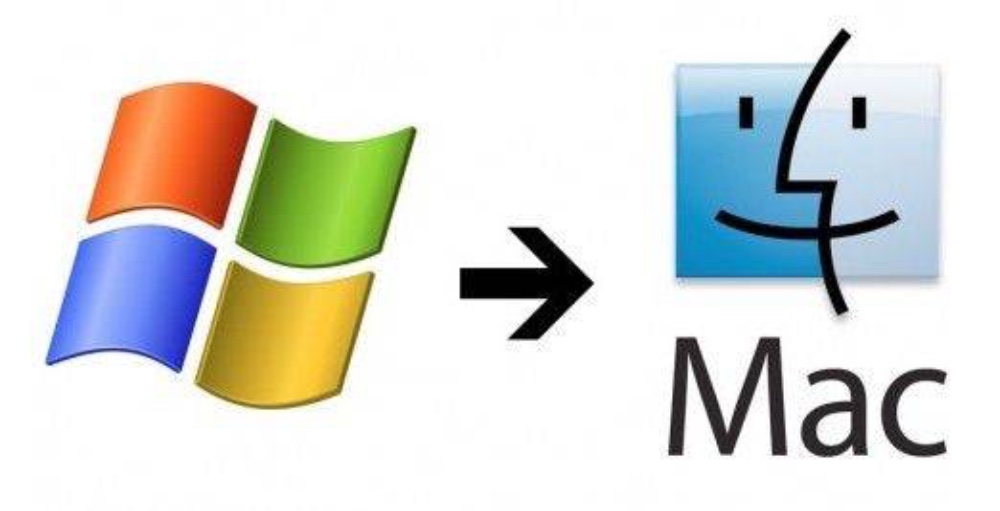As Apple has continued to push deeper and deeper into the enterprise, Dean Hager, CEO of Apple device management company Jamf, predicts that 2019 will be the greatest Windows to Mac migration in history.
Windows users are about to come to fork in the road as extended support for Windows 7 ends on January 14, 2020. Hager says that, for the 100 million (plus) users on Windows 7, an operating system that was released nearly a decade ago, they will have two choices:
-
Migrate to Windows 10, which was released on July 29, 2015, and potentially use that operating system for several more years.
-
Follow the growing trend of enterprise users making the switch to Mac.
“As has been thoroughly documented, the demand for Mac is already here — and even Microsoft knows that,” Hager says. “That’s why they entered a strategic partnership with Jamf to accommodate the growing number of Apple requests and help better protect users, data and Mac devices attempting to access Office 365. It is a new era at Microsoft where they are focusing less on hardware and more on making better productivity tools users crave.”

He adds: “As organizations continue to see the value (i.e., attract and retain top talent) of offering Mac as a work technology choice and users continue to have a loud voice in the devices they choose to work with, the floodgates are set to open for Mac in the enterprise.”
How does Hager see Windows Lite figure into the Windows migration scenario?
“It’s impossible to comment on a product that doesn’t exist yet,” he says. “I have seen a lot of ‘lite’ products fail over the years. It will entirely depend on how Microsoft designs it and what their business model is. When Microsoft missed the mobile movement, they could have gone the path of IBM in the 1990’s — when it missed the most recent technology trends, and then redefined itself as a services company, which was less valuable. On the other hand, when Microsoft missed the mobile movement, they turned to the cloud, not just for storage, but also enterprise productivity applications and identity. As a result, they have made themselves more valuable. This has been simply brilliant and will keep Microsoft extremely valuable for years to come, even as Windows declines within the enterprise — which I believe it will, regardless of a future ‘lite’ Windows.”
Then there’s the iPad Pro, which Apple (kinda) wants to promote as a laptop while still promoting the Mac notebooks as laptops. I think that’s confusing to some folks.
Hager, however, doesn’t think that’s a problem. When it comes to declining Windows market share in the enterprise, both iPad and Mac play a role. And, if Google has its way (which remains to be seen), Chromebook will play a role, as well. Apple, on the other hand, has already surged in the enterprise thanks in large part to Apple devices being the personal preference of most users.
Hager says this is true for both iPad and Mac versus both Microsoft-based and Google-based devices. The answer to the question, “Will it be the iPad or Mac that cuts into Windows market share?” is “yes,” he adds.
Data shows it’s already happening. In trying to figure out which device will be used more, the iPad or Mac, the answer is, “it depends on use case and personal preference. Some people in some jobs believe they can be more productive on an iPad Pro. Some people require a Mac.
“In my view, Apple is strategically offering both as alternatives, and that is a strength, not a weakness,” he says. “My wife and I both drive vehicles made by the same company. Her’s is a wagon, based on her needs. Mine is an SUV, based on my needs. But there are shared experiences between the two where it makes sense. The same is true for the iPad and Mac. They both benefit from the efficiencies and automated deployment that comes from Automated MDM Enrollment, they both are supported by the Apple Ecosystem, Apple IDs, and iCloud, and they both provide the best individual user experience and IT efficiency when managed using Jamf.”
